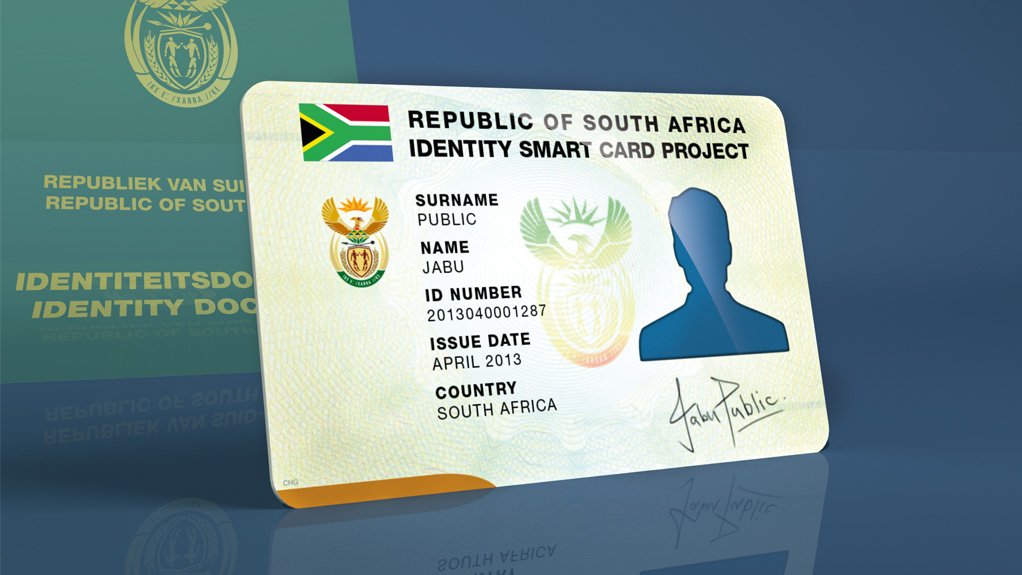Some 140 Department of Home Affairs (DHA) offices across the country plan to close their doors between November 27 and December 2, as they upgrade live capture facilities that aim to accelerate the application processes for new Smart IDs and passports.
Addressing the media in Pretoria, on Friday, DHA director-general Mkuseli Apleni said the five-day closure would see the installation of new hardware and software that would modernise the department and move it towards a paperless operating system.
“We are going to install booths in which people can have their fingerprints and photos captured, cutting queuing time,” he commented.
During the upgrade process, the affected offices would be unable to receive passport and ID applications through the live capture system, while the full suite of enhanced online processing services would become available from the morning of November 2.
These enhancements included the introduction of an online booking system, enabling citizens to apply for documents online, as well as a re-enrolment process that rendered the capturing of fingerprints within a specified period or reapplication unnecessary.
“Our offices have already put up public notices to announce the system upgrade and the affected services to clients. These innovations should take us closer to creating a paperless environment, with all the benefits of e-government and improved service delivery,” said Apleni.
The DHA’s live capture facilities were last upgraded in April, when improvements were made to existing photo booths, date capture systems and queuing processes.
The director-general, meanwhile, called on those individuals that had applied for new Smart IDs and passports to collect their documents, saying that 195 825 Smart ID cards, 75 517 green barcoded ID books and 51 946 passports remained unclaimed.
“Citizens have a duty to collect documents that they applied for; it is critical for securing citizenship and fighting identity fraud,” he appealed.
The department had targeted the roll-out of 1.6-million Smart ID cards by the end of the 2014/15 financial year.
First announced in 2013, the new card offered increased security features on the card body, such as holograms and laser engraving of personal details, which would enable visual verification of the card and the easy identification of tampered cards.
Fingerprint biometrics and biographic data were also embedded on the 80 kb card chip.
EMAIL THIS ARTICLE SAVE THIS ARTICLE
To subscribe email subscriptions@creamermedia.co.za or click here
To advertise email advertising@creamermedia.co.za or click here











